Pregnant and alone: In Malaysia, social stigma forces unwed mothers to give up babies
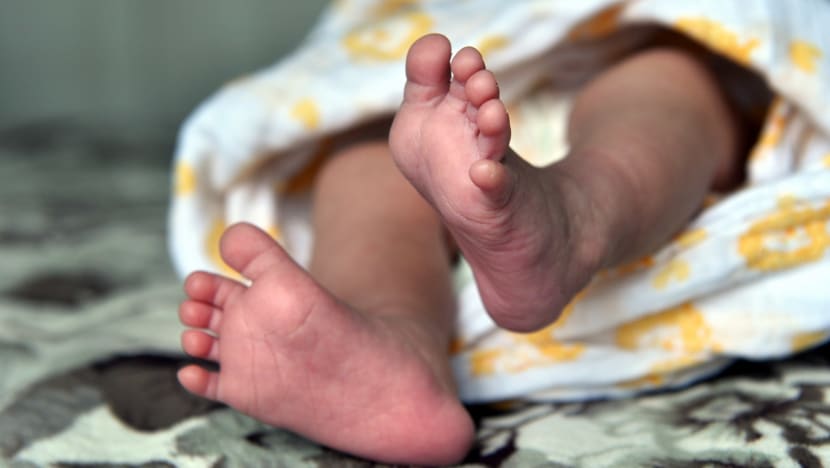
File photo of a baby. (Photo: Jeremy Long)
KUALA LUMPUR: Ms Yvonne (not her real name), 30, is in the last trimester of her pregnancy and is now counting down to the day when she would deliver her baby.
As soon as the baby arrives, she plans to give it away and return to her life, pretending that the pregnancy has never happened.
Despite her age and her successful career as an entrepreneur, Ms Yvonne is hiding her pregnancy from her family because she is not married.
“A lot was going on in my mind when I found out I was pregnant. I thought about the baby growing up without a father, whether I am capable of bringing the baby up as a single mother without the help of family and friends.
“I am still not ready to tell my family about this baby,” she told CNA at OrphanCare in Petaling Jaya, Selangor, where she is seeking shelter until the baby is born.
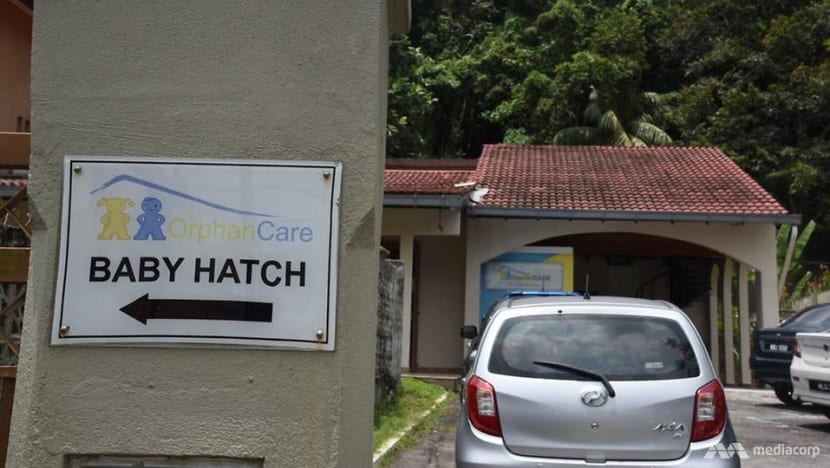
Since pregnancy outside marriage is frowned upon on in culturally conservative Malaysia, Ms Yvonne lied to her family that she would be travelling overseas for work for a few months.
She considered herself lucky because she is supported by OrphanCare, which does not only provide medical aid and shelter throughout her pregnancy, but also the opportunity to choose a good family for her baby.
It is the mission of non-governmental organisations (NGOs) like OrphanCare to give babies a chance to live instead of becoming a statistic.
Data from the Ministry of Women, Family and Community Development showed that 1,010 babies were abandoned in Malaysia over the last nine years.
Of the total, 64 per cent of the babies were found dead.
In addition to awareness programmes to educate people on reproductive health, a “Save A Life” campaign was launched by the ministry in August urging mothers to seek help when faced with unwanted pregnancies.
With these mechanisms in place, NGOs say more needs to be done to fight stigma. Decriminalising pre-marital sex and creating a non-judgemental support system, for instance, are urgent tasks at hand.
READ: Baby girl found abandoned outside mosque in Malaysia
FORCED TO ABANDON THEIR BABIES
OrphanCare chief operating officer Yuzila Yusof said in her almost two years of experience, most mothers who leave their children at OrphanCare do so with utmost reluctance.
Although the general perception is that the mothers who abandon their babies are cruel and irresponsible, the actual situation is quite the contrary.
“The problem with our society is that people dwell so much on what has already happened and in this case, that the now-pregnant women had engaged in sexual activity.
“But the fact is, that is the past, and we as a society should instead focus on the matter at hand, which is the pregnancy, so that the situation does not get worse,” she said.
Many unwed women and teen mothers give up their babies because they are unable to face their families, let alone a society that shuns them, Mdm Yuzila added.
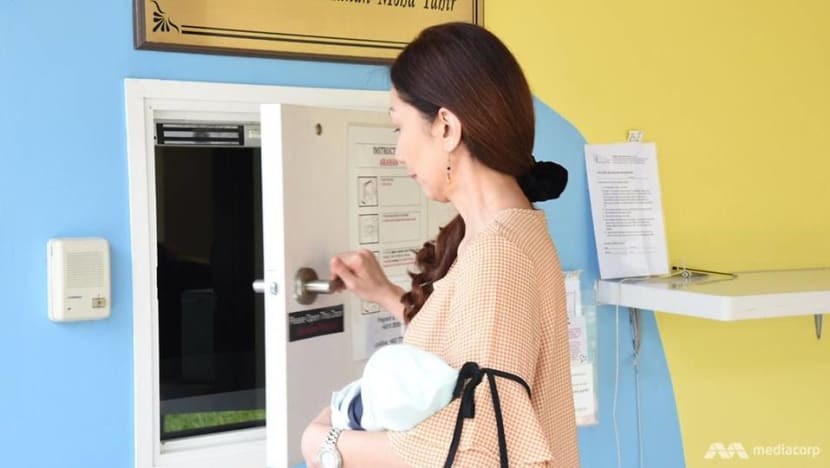
At OrphanCare, a baby can be deposited at the baby hatch, with the adults maintaining anonymity.
There are also walk-in cases of people bringing in babies they found, and expectant mothers like Ms Yvonne who live at OrphanCare until they deliver.
Mdm Yuzila said of the 375 babies saved by the foundation since its inception in 2008, a total of 122 have gone home with the birth mothers, thanks to proper counselling and supportive family and friends.
A support network that is not judgemental is important to ensure that the innocent life does not get flushed down the toilet, she added.
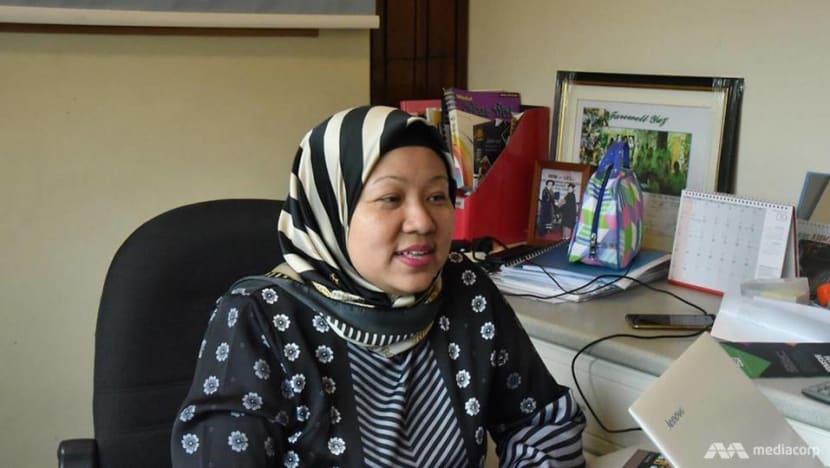
In the case of Ms Dewi (not her real name), her support system crumbled at the very last minute when she got pregnant 30 years ago when she was 16. She had been dating a schoolmate for eight months.
Ms Dewi recalled that her family was initially accepting, until a neighbour made a nasty remark.
“He told my father he was keeping prostitutes at home and calling them his daughters.
“That was it. My father came home and told me I could either keep the baby and get kicked out of the house, or give the baby up.”
She chose the latter and the baby was adopted by her cousin. Ms Devi, who still sees him at family functions, is unable to forgive herself until today.
“He does not know I am his birth mother. It was all because someone in the 80s thought I was a prostitute for getting pregnant out of wedlock,” she said.
READ: Spending on abstinence-only education not tied to fewer teen births
LACK OF AWARENESS
Looking back, Ms Devi said she was not sure how it all happened.
She remembered telling her parents that she was staying back at school to study, but instead sneaked somewhere with her then-boyfriend to spend some time alone together.
It was the only time she had had sexual intercourse, she said.
A 2014 study showed that less than 30 per cent of teenagers are aware of the effects of unprotected sex, the Federation of Reproductive Health Associations Malaysia (FRHAM) pointed out.
The 5th Malaysian Population and Family Survey found that adolescents’ level of knowledge with respect to sexual intercourse was low, said FRHAM's executive director Syirin Junisya.
“Only 33.7 per cent of respondents know a girl could become pregnant the first time she engages in sexual intercourse.
“Barely 33.3 per cent know that condoms could prevent sexually transmitted infections and a mere 17.8 per cent know that a girl could become pregnant even if the partner had ejaculated outside the vagina during intercourse,” she said.
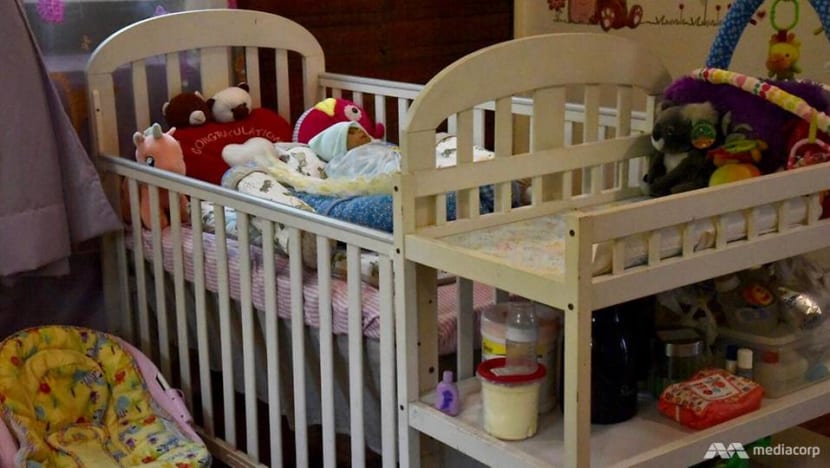
Mdm Syirin said there have been 100,000 teen pregnancies recorded in Malaysia since 2014.
Teenagers, who face unexpected pregnancies, are more prone to dumping their babies as they tend to view the babies as a “problem”, OrphanCare’s Mdm Yuzila said.
“When we have a problem, the first thing we would think of doing is to get rid of it and that is what these women, especially young adults, did.
“In that point of time, overwhelmed with fear and desperation, these women who have been hiding themselves in fear for nine months or so, commit these acts in the brink of insanity,” she said.
The babies were flushed down toilets, left in rubbish bins or worse, burned to conceal the fact that they ever existed.
Deputy Women, Family and Community Development Minister Hannah Yeoh had said that from 2010 to May 2019, there were a total of 292 cases where babies were left near residential areas while another 115 babies were left in toilets.
“Besides that, there were 95 cases where babies were dumped in rubbish bins,” she said on Aug 3 as reported by the Star.
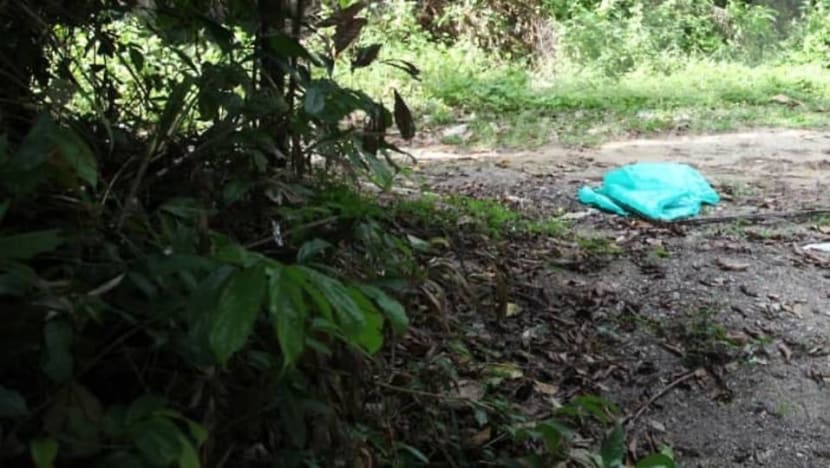
MANY FAMILIES KEEN TO ADOPT
Should proper support be granted to the mother to safely birth the child, the Welfare Department can then get the child adopted by a suitable family.
On Aug 3, Mdm Yeoh was quoted as saying by the Star that 1,305 people have applied to the Welfare Department to become adoptive parents.
“There are a lot of families who are waiting to adopt, and they are willing to raise these children. We are pleading to people to not kill these babies by throwing them away,” she said.

Mdm Yuzila said women who took shelter or decided to give up their babies to OrphanCare have the privilege of choosing the adoptive parents for their babies.
“For mothers who take shelter at OrphanCare, we give them three families to choose from.
“The Welfare Department gives us a hand in the court proceedings to formalise the adoption. It usually takes a week to 10 days from the day a baby is given to us to the day the baby is adopted, except in cases when the babies suffer from health complications,” she said.
READ: Malaysia to tighten regulations on child marriages
PROPOSED SEX EDUCATION AND LEGAL AMENDMENTS
To curb baby dumping in Malaysia, FRHAM’s Mdm Syirin suggested that comprehensive sexuality education be included in school syllabus.
“This is to sensitise them and build their capacity to better negotiate in relationships, whether with their peers or adults surrounding them,” she said.
Mdm Syirin shared that the main reasons mothers abandon their babies are desperation and fear of being prosecuted under relevant laws, such as the Penal Code and the Syariah criminal enactment of each state.
There have been instances in the past where mothers sought refuge at purported safe havens, but were then subjected to investigation and prosecution, she added.
“This further compounded the fears these mothers may have,” she said, calling for law reforms such as decriminalising pre-marital sex and providing relevant sexual and reproductive health services.
The reproductive health organisation’s director stressed that besides awareness efforts, it is important for mother to have an unbiased, non-judgemental support system.
Ms Yvonne, who is waiting to deliver her baby and put it up for adoption at OrphanCare, said her decision would have been different should society be more supportive.
“I would have kept the baby,” she said.














